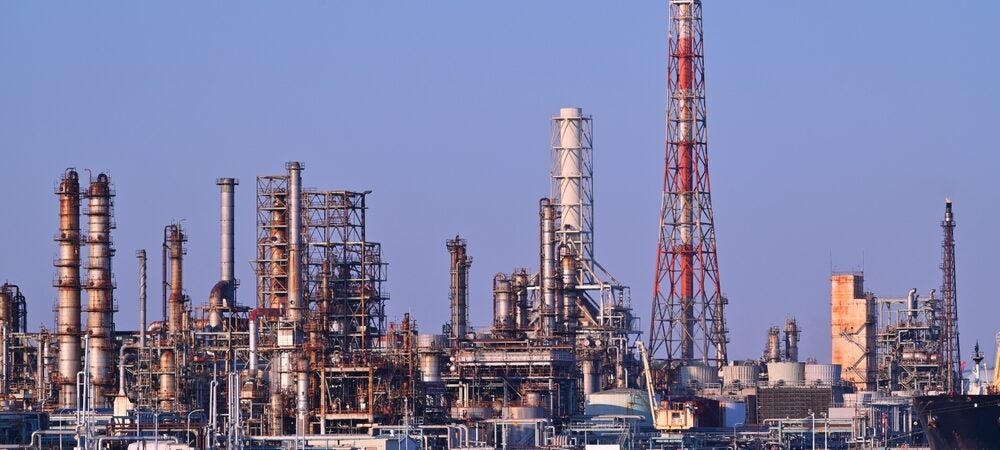When Japan’s industrial titan Nippon Steel sought to acquire U.S. Steel late last year, it set off a chorus of American opposition.
Union leaders and lawmakers railed against the deal in language reminiscent of the U.S.-Japan trade wars of the 1980s and 1990s. President Biden — nodding to swing state votes in steel country — said U.S. Steel must remain “domestically owned and operated.”
Leave aside the election year politics — and how it tests the ability of an American company to pursue what it sees as the most logical strategy for itself. The bid reflects Japan’s rise to the largest foreign investor in American businesses. And this investment surge is unlike those of years past when Tokyo’s overseas expansion was part of its rising economic clout. Today, the opposite is true.
Japan’s relentless population decline is causing its market to shrink. So Japanese companies are turning to the U.S. for growth, thereby setting a precedent for other foreign companies facing similar demographic challenges in their home markets.
It is a precedent Washington policymakers would do well to note. The Nippon Steel bid illustrates how, in the coming years, more foreign companies with declining populations are going to seek to invest in the U.S.
This is a trend the U.S. should welcome and seek to leverage while making sure investments come from trusted allies, not from strategic rivals, including China, to avoid leakage of technology.
Foreign investments — particularly those in manufacturing — create both jobs and fresh opportunities for local businesses. Rural areas such as midwestern factory towns will be beneficiaries.
Allied investments bring capital and innovation that allow the U.S. to better compete against China. The Biden administration, through “friendshoring,” is already working with allies and likeminded nations to strengthen and secure supply chains for critical products. That strategy should include embracing U.S.-bound investments from those same close allies, starting with Japan.
Big beneficiaries of this approach will be American workers, especially those without college degrees, who tend to gain from good manufacturing jobs.
DEMOGRAPHICS AND NATIONAL SECURITY
Major economies in Europe and Asia are facing the same demographic challenges that have long haunted Japan. Plummeting fertility rates and growing cohorts of elderly citizens sharply reduce consumer demand. The result is a huge incentive to seek growth in the U.S., the world’s largest market where immigration has softened the burdens of the global aging phenomenon.
For many foreign companies, the U.S. remains the most attractive investment destination. The Inflation Reduction Act and the CHIPS and Science Act have offered businesses tax benefits and subsidies, luring tens of billions of dollars in new investments from Asia and Europe. A right mix of policies would attract even more foreign money, spurring job creation, innovation, and more prosperity.
In Japan, meanwhile, domestic steel demand is down by some 40% from its 1990 peak. So the leading Japanese steelmaker has sharply expanded its overseas capacity, snapping up factories in countries from India to Brazil.
The proposed U.S. Steel deal would make Nippon Steel the world’s third largest steelmaker measured by crude steel output, producing more metals abroad than in Japan. Japanese steel production capabilities are world-class, and Nippon’s bid is a testament to an attractive U.S. market and investment targets.
In major foreign investment transactions, it is natural to think about issues beyond those strictly related to business. Few can argue lawmakers and federal agencies are wrong to raise national security concerns. U.S. Steel is a “critical piece of America’s defense industrial base,” said Sen. J.D. Vance, Republican of Ohio. Now, he fumed, the Pittsburgh company is “being auctioned off to foreigners for cash.”
Japan, however, is a staunch U.S. ally, one that sits on China’s doorstep. The two countries’ economies and national interests are so closely intertwined that the U.S.’s efforts to fend off competition from China inevitably involve Japan’s cooperation.
Japanese manufacturers loom large in global supply chains. Companies like Tokyo Electron build machine tools essential for semiconductor manufacturing, making them critical players in Washington’s effort to limit China’s access to high-end chips. Boeing has for decades relied on components made in Japan, which make up more than a third of the 787 aircraft. Apple’s iPhones contain numerous Japanese components.
Japan is also a huge — and growing — buyer of U.S.-made military equipment, while owning a big chunk of America’s national debt through its Treasury securities holdings, currently worth $1.2 trillion.
All of which raises questions for U.S. policymakers: Might the U.S. better withstand Chinese competition with a bit more of its industrial production in the hands of Japanese managers? The question is particularly relevant in the steel industry, where Chinese companies, with their subsidies-fueled overcapacity, have threatened the viability of their competitors globally with floods of cheap products. Last year, China accounted for 54% of the world’s crude steel output. Six of the world’s 10 largest steelmakers are Chinese.
A final decision on Nippon Steel’s bid will come in the months ahead, an outcome that makes Japan a test case of U.S. commitment to its free market principles and its allies: Will the U.S. embrace the exceptionally fortunate position it occupies in the world as the prime investment destination? Or will protectionism — often tied to short-term political gains — undermine those advantages?
Yuka Hayashi is a senior fellow at the Progressive Policy Institute. She was a journalist at the Wall Street Journal for two decades, most recently covering U.S. trade and economic policy from Washington. Previously, she was a Journal correspondent in Tokyo, where she wrote about Japan’s economy and East Asian geopolitics.
PPI-U.S.-Steel-JapanTo read the introduction as it is published on the Progressive Policy Institute’s website, click here.
To read the full report, click here.

